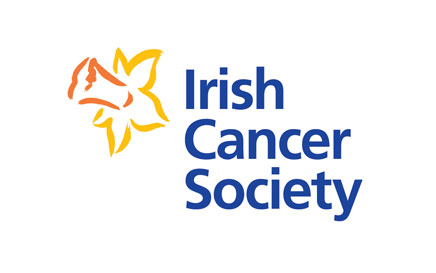
posted by Irish Cancer Society
08 October 2008
What is leukaemia and how is it treated?
What is leukaemia and how is it treated?
Leukaemia is a cancer of white blood cells .This occurs in the bone marrow where all the blood cells are made. Sometimes young white blood cells grow rapidly but do not mature properly. Other times old white cells do not die off naturally. These young or old abnormal cells build up in the bone marrow and prevent normal blood cells from growing. All the various types of blood cells are made by the bone marrow .The bone marrow is the spongy material that fills the middle of some bones and produces cells called stem cells. These cells mature into white cells, red blood cells and platelets. red blood cells carry oxygen to all the cells in the body
white blood cells are essential for fighting infection
platelets help the blood to clot and so control bleeding.
All these cells normally stay inside the bone marrow until they are fully developed (mature). They are then released into the blood to circulate around the body and perform their functions
Leukaemia's are divided into two main groups acute and chronic and then further divided by the type of white blood cell which is affected. Acute leukaemia's come on suddenly, often within days or weeks, progressing quickly and need to be treated urgently. Chronic leukaemia's develop more slowly often over many months or years.
Some of the signs of leukaemia may include tiredness and some people become anaemic and need blood transfusions. They may be more vulnerable to infection because their immune system fails or they may bleed and bruise more easily because the little bits of blood cell called platelets, which make blood clot, aren't produced. Some types of leukaemia can be managed very well for long periods of time and many others are potentially curable.
There are four main types of leukaemia:
chronic myeloid (CML)
acute myeloid (AML)
chronic lymphocytic (CLL)
acute lymphoblastic (ALL)
Another type of leukaemia is the less common hairy cell leukaemia
Each disease has its own characteristics and treatment.
Because there are different types of leukaemia each type behaves differently and responds to different types of treatment.
The main treatment for most types of leukaemia is chemotherapy. Other treatments that may be used include:
Bone marrow and stem cell transplants ( Treatment of high doses of chemotherapy to kill off the blood cells and leukaemic cells in your bone marrow donated from a suitable donor, so that you are able to produce new healthy blood cells)
Radiotherapy (A treatment for cancer using high energy x- rays)
Monoclonal antibodies (A treatment where you receive special protein drugs that attach to the surface of the abnormal white cells and cause the cells to die)
Targeted therapies (drugs to stop the growth and spread of cancer)
The aim of the treatment is to stop the bone marrow producing abnormal white blood cells. Often, it is necessary to start treatment as soon as possible but sometimes, for some types of leukaemia, it is better to put off treatment. For some people this can mean not needing to start treatment for months or years until symptoms appear.
